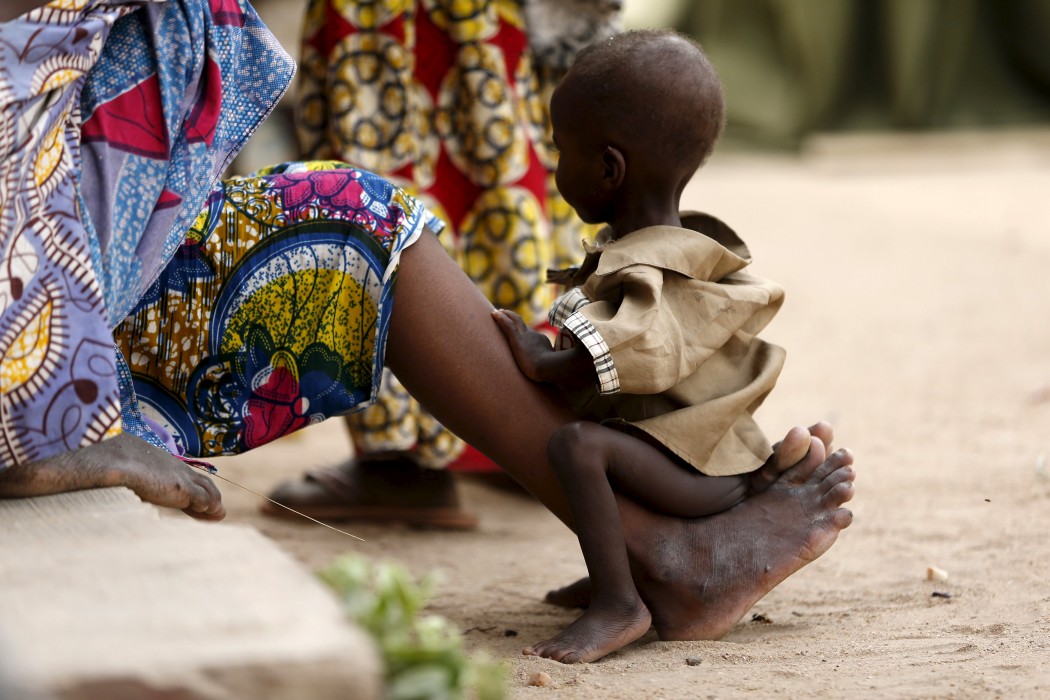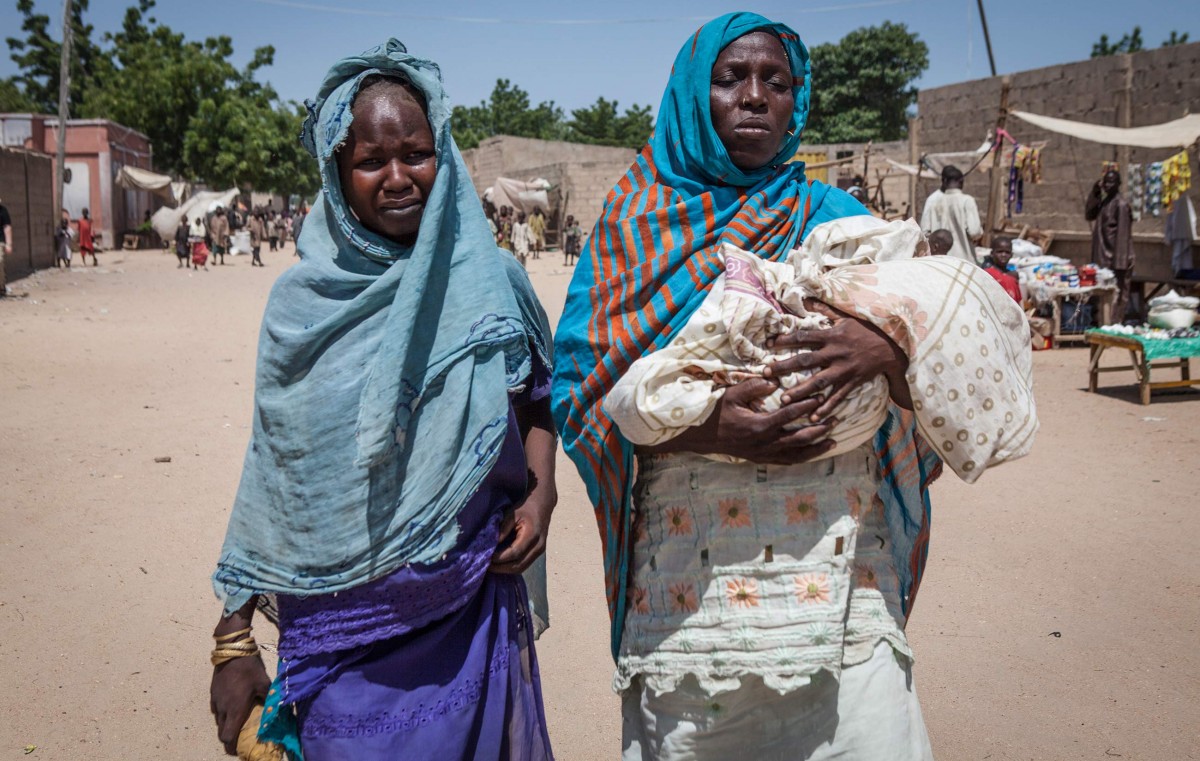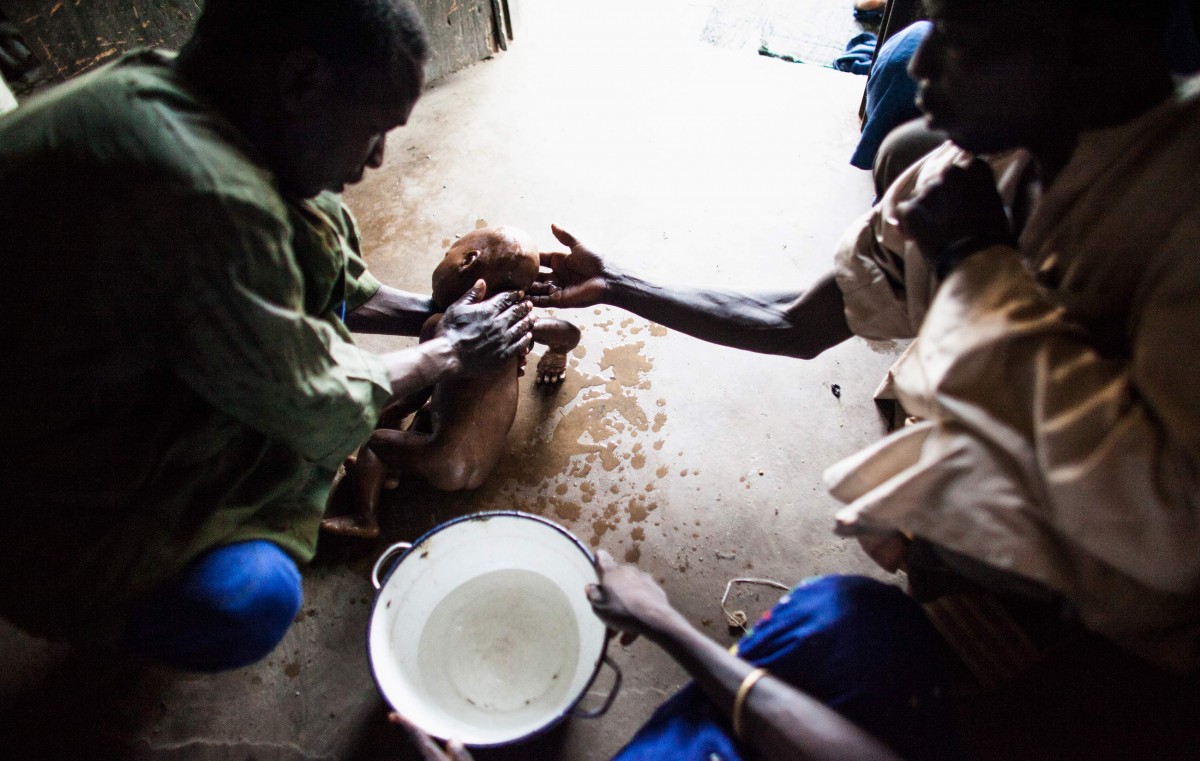They survived Boko Haram. Now many of them are on the brink of starvation.
Across the northeastern corner of this country, more than 3 million people displaced and isolated by the militants are facing one of the world’s biggest humanitarian disasters. Every day, more children are dying because there isn’t enough food. Curable illnesses are killing others. Even polio has returned.
About a million and a half of the victims have fled the Islamist extremists and are living in makeshift camps, bombed-out buildings and host communities, receiving minimal supplies from international organizations. An additional 2 million people, according to the United Nations, are still inaccessible because of the Boko Haram fighters, who control their villages or patrol the surrounding areas.
“We will see, I think, a famine unlike any we have ever seen anywhere,” unless immediate assistance is provided, said Toby Lanzer, the top U.N. official focused on humanitarian aid for the region.
The staggering hunger crisis created by the insurgents has been largely hidden from view, partly because it has been extremely dangerous for aid groups and journalists to visit the area. But institutional failures have exacerbated the situation: For over a year, the United Nations and humanitarian groups dramatically underestimated the size of the disaster, and the Nigerian government refused to acknowledge the huge number of people going hungry in Africa’s second-richest nation. Thousands of people have already died because of the inaction, aid experts say.
“It’s just a complete failure of the system,” said Natalie Roberts, an emergency program manager with Doctors Without Borders, an international aid group.
It took over a year for U.N. humanitarian teams to arrive in cities that were “liberated” from the rebels by the Nigerian military in a major offensive starting in early 2015. Until recently, the United Nations had only tiny staffs working in the northeast. The world body had deferred to Nigeria’s woefully unprepared government agencies to provide assistance, not realizing, U.N. officials said, the scale of the disaster.
Even now, the United Nations admits it is distributing food to only a fraction of those who need it. It says its mission in Borno state, the focus of the crisis, is dramatically underfunded. UNICEF warned recently that as many as 75,000 children will die in famine-like conditions in Borno and two adjacent states over the next year unless more assistance arrives.
The rising toll of the crisis is evident in such places as Banki, a city of about 15,000 near the Cameroonian border that was controlled by Boko Haram until a year ago. On a recent morning, four malnourished children writhed in beds in a clinic run by Doctors Without Borders.

Read the full report at The Washington Post









